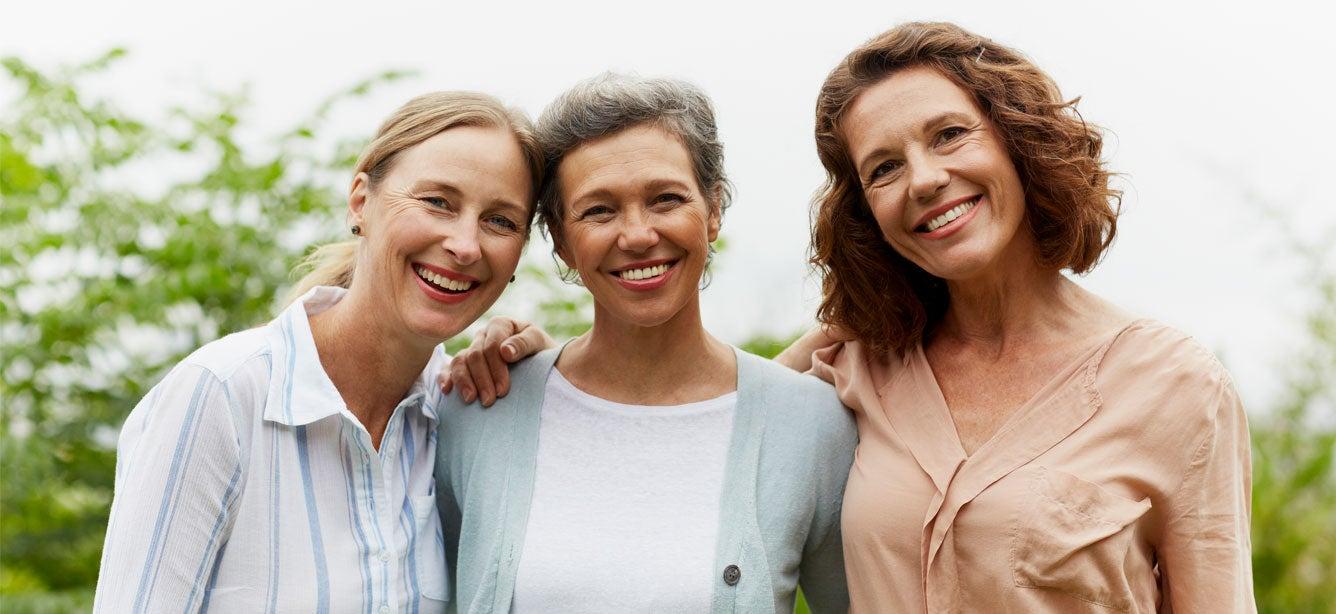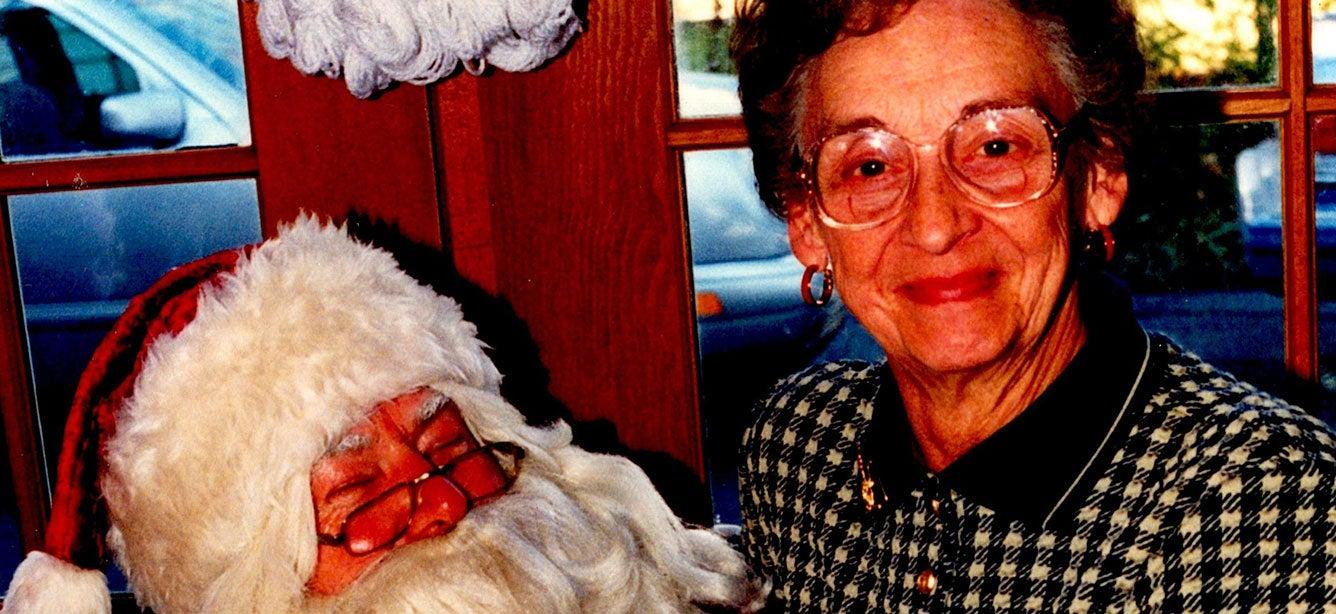
The Golden Years are not so shiny in these times of climate crisis. But while older adults are especially vulnerable to some of the worst impacts of climate change, we also are among those who have the knowledge, resources, and motivation to help turn the tide.
How are older adults uniquely vulnerable to climate change?
Climate change impacts all of us by threatening our access to a safe livable world with clean air, water, food, and adequate housing. But as a “vulnerable population,” older adults are particularly prone to impacts of climate change.
Among the unique circumstances that may make it more difficult for adults 60 and older to prepare for, respond to, or survive a climate change event:
- Complex medical conditions impacting physical, sensory, and cognitive abilities to care for oneself and respond to climate disasters
- Dependence on caregivers and intact medical delivery systems, which can be fragmented during climate disasters
- Normal aging processes that create less muscle and body tone, which can limit agility and mobility
- Cognitive impairments ranging from minimal to severe dementias impairing the ability to assess risks, plan responses, and execute protective behaviors
- Dependence on medications and life-sustaining equipment that may be unavailable or require intact power supplies that may not be readily available at temporary shelters
- “Social determinants of health” like economic security or substandard housing can exacerbate the impact of climate induced disasters and are considered “threat multipliers”
Clearly, the impact of climate change on older adults is an enormous public health concern.
How are older adults turning the tide on on climate change?
Despite the added climate change burden that many older adults bear, there is another story. As a population, older adults have enormous resources and represent an engaged and energized group of climate activists who are “rolling up their sleeves” to impact the climate crisis.
These elders bring life’s lessons, skills, experience, wisdom, time, and often economic wealth to efforts to collectively mobilize to address the climate crisis. Many are drawn to climate activism by their deep concerns for the world they will leave their grandchildren.
Just a few examples:
- Bill McKibben, a major climate leader, has recently organized the group Third Act for those over 60 years old, described as “experienced Americans determined to change the world for the better”
- Retired physicians who consider climate work a second career are chronicled in the podcast “Cooling Solutions—Old Docs Take New Patients: The Climate”
What are climate disasters, and how can they impact older adults?
Climate disasters are acute events such as extreme storms, flooding, and wildfires. Each of these disasters are particularly threatening to older adults. Due to a variety of factors, older adults’ ability to flee to safe areas and protect themselves from injuries during disasters may be compromised or dependent on others for assistance and rescue.
Other concerns that make climate disasters especially difficult for some older adults include the fact that temporary shelters can be overwhelming, crowded, and located in unfamiliar open public places. Chaotic environments can be disorienting and confusing, especially for those with pre-existing cognitive difficulties. This can tip the balance for those marginally coping and create cycles of physical and mental health decline.
Also, loss of treasured family memorabilia can be particularly distressing to older adults, further disconnecting them from the everyday items that help provide solace and keep them oriented and connected to their loved ones through memories.
How does extreme heat impact older adults, and how can we help?
Extreme temperatures are the deadliest weather-related event, with an estimated 12,000 Americans dying every year due to heat waves.1 Adults over 60 are estimated to account for 80% of these heat-related deaths.2 This is likely an underestimation because accurate identification of heat contribution to causes of death are not uniformly recorded.
Older people are especially vulnerable since their capacity for maintaining core body temperature becomes more compromised with age. Heat and dehydration are physically stressful for people with chronic medical conditions. Declining ability of cardio-vascular efficiency to shift blood to the skin contributes to less efficient sweating, the body’s primary defense against overheating. Also, medications used for chronic illnesses add risk to the ability to maintain cool body temperatures.
Poverty and race also contribute to vulnerability. Inner cities with crowded substandard housing, higher temperatures due to urban heat island effect, and lack of air-conditioners all are “multipliers” of risk in poor neighborhoods where people of color live.
Checking in on isolated older adults can be a powerful and simple way to assist family members and neighbors in surviving heat extremes. And guides for surviving extreme heat, including those prepared by the Climate Psychiatry Alliance, can help older adults prepare for these inevitable periods and are available for distribution.
Find more infographics and fact sheets at https://www.climatepsychiatry.org/heattoolkits
How can you prepare for common climate change health impacts?
Although older adults are more vulnerable to the impacts of climate change, planning ahead help can prevent some of the most severe outcomes.
For example, to help protect yourself and your loved ones from exposure to air pollution:
- Stay informed about local air quality through receiving air quality alerts on phones, following local news, or checking air quality at airnow.gov.
- When air quality is low, stay indoors if you can with windows closed, using portable air filtration devices. Having adequate supplies of medications and food will minimize the need to go out.
- If trips outdoors are necessary during bad air-quality days, using an N95 face mask can be protective.
- Increased air pollution often happens during extreme heat periods. And remaining in hot rooms at home without the ability to open windows for cooling ups your health risk. Have a plan in place to be able to get to your local cooling centers, which are located at government-run senior centers, community centers, parks and recreation sites and public buildings like libraries.
NCOA hosts the annual Older Adult Mental Health Awareness Day to highlight critical issues in addressing mental health needs as we age.
This article is supported by the Administration for Community Living (ACL), U.S. Department of Health and Human Services (HHS) as part of a financial assistance award totaling $5 million with 100% funding by ACL/HHS. The contents are those of the author(s) and do not necessarily represent the official views of, nor an endorsement, by ACL/HHS, or the U.S. Government.
Sources
1. Shindell, Drew et al. “The Effects of Heat Exposure on Human Mortality Throughout the United States.” GeoHealth vol. 4,4 e2019GH000234. 1 Apr. 2020, doi:10.1029/2019GH000234. Found on the internet at https://www.ncbi.nlm.nih.gov/pmc/articles/PMC7125937/
2. Kenny, Glen P et al. “Heat stress in older individuals and patients with common chronic diseases.” CMAJ : Canadian Medical Association journal = journal de l'Association medicale canadienne vol. 182,10 (2010): 1053-60. doi:10.1503/cmaj.081050. Found on the internet at https://www.ncbi.nlm.nih.gov/pmc/articles/PMC2900329/



